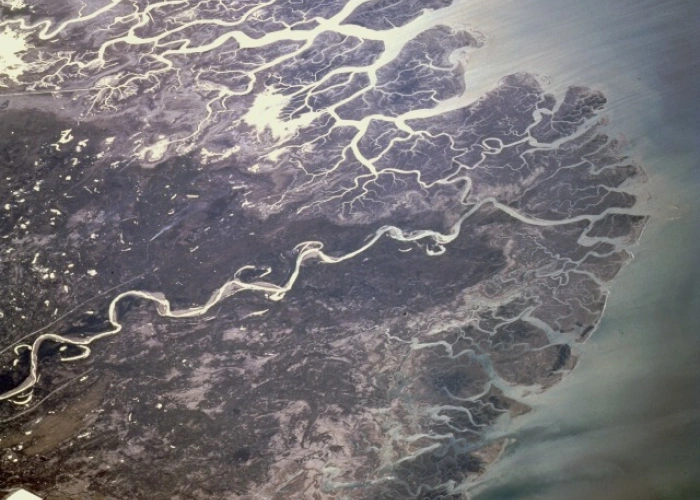Multi-stakeholder efforts to enhance socio-ecological landscape resilience in Pakistan's Indus Delta area

Adapted from the project website
The Indus Delta is the worlds fifth largest delta system and possesses the seventh largest mangrove forest system, occupying an area of about 600,000 hectares with mudflats and mangrove forests between Karachi (Pakistans most populous city) and the Desert of Kutch. The Indus Delta is rich in biodiversity and natural resources including mangrove forests, fisheries, wetlands, coastal creek systems, flora and fauna as well as cultural and historical heritage. It has 129,000 hectares of mangroves, mostly Avicenna marina, comprising 97 percent of the total mangrove area in the country. Accordingly, the Indus delta was declared as a priority eco-region by WWF in its "Global 200" initiative. Currently the delta is facing several challenges including high water salinity, low fresh water inflow, natural disasters, depleting mangroves forests and fish resources in addition to the menace of unsustainable fishing practices or trash-fishing.
To address the above challenges SGP Pakistan has focused Indus Delta in its current phase by allocating 40 percent of its total funds. Through at least 12 NGOs the communities will be mobilized and trained to adopt sustainable practices, adopting the climate resilient housing and cooking technologies, restoration and conservation of mangroves, rehabilitation of coastal wetland, control of industrial and municipal waste and pollution.
With the landscape resilience approach the interventions will strive to promote ecological conservation by multi-stakeholder partnerships involving local communities and increasing the sustainable livelihood opportunities and by strengthening their resilience against climate change impacts. The multi-stakeholders decision-making mechanism will ensure successful implementation of integrated seascape approaches.